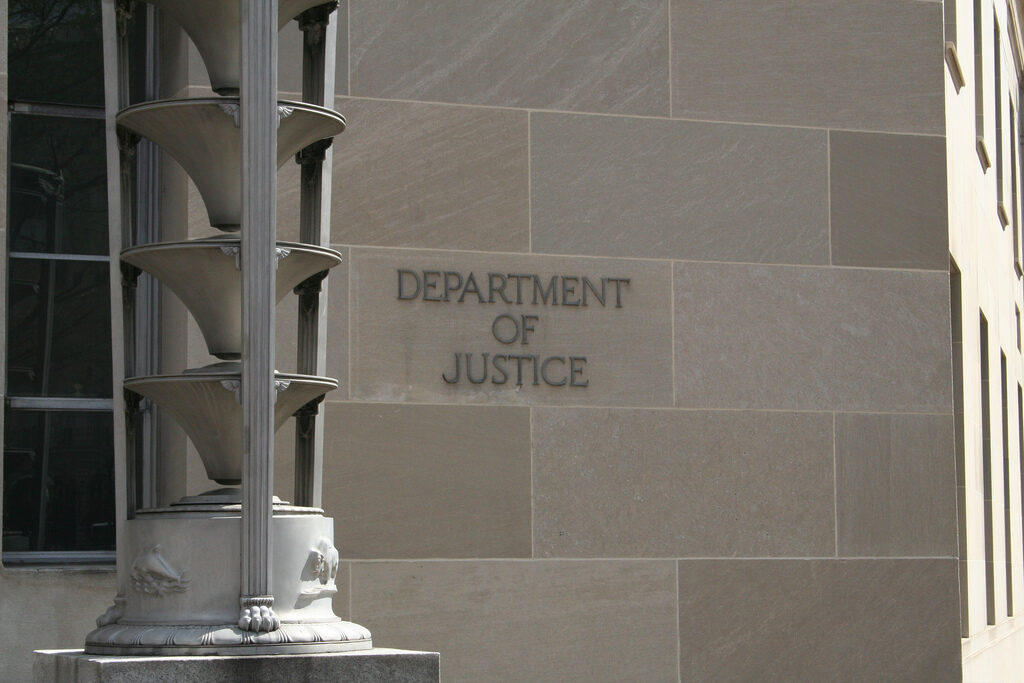In the last Congress, Sen. Patrick Leahy of Vermont had the option to serve as the ranking member of Appropriations or Judiciary. He chose to take that role on the Judiciary committee which graciously allowed Sen. Barbara Mikulski to, at long last, finally have the privilege of leading the Democrats on a full committee. But Mikulski did not run for reelection and now Leahy is taking her place on Appropriations. That means that when the Senate begins the confirmation hearing for Trump’s nominee to replace Antonin Scalia on the Supreme Court, it will be Diane Feinstein of California who will lead the skeptical opposition.
I’m not sure if Chuck Schumer will continue to serve on the Judiciary Committee now that he’s been elevated to Minority Leader. He probably will not. A good replacement would be Senator-Elect Catherine Sanchez Masto who has served two terms as Nevada’s Attorney General and who has experience working in the U.S. Attorney’s Office in Washington, D.C.
The other Democrats on the committee (at least for now) include both of Minnesota’s senators (Franken and Klobuchar), Sheldon Whitehouse of Rhode Island, Richard Blumenthal of Connecticut, Chris Coons of Delaware, and Senate Minority Whip Dick Durbin of Illinois.
Arrayed against them will be newly reelected chairman Chuck Grassley and an assortment of zealots. Jeff Sessions will probably join the Trump administration in some capacity, but the joyous duo of Ted Cruz and Mike Lee will be in attendance, as well as John Cornyn of Texas and Orrin Hatch of Utah. Freshmen David Perdue of Georgia and Thom Tillis of North Carolina will take up positions on the far right of the stage. If anyone might cause problems for the Trump administration it will be either Jeff Flake of Arizona or Lindsey Graham of South Carolina.
I don’t actually expect either of them to cause problems on a Supreme Court nomination, but this committee would also handle the nomination for Attorney General. They’ll have some concerns about Trump’s deportation plans, I’m sure.
There will be no filibusters for executive branch appointments since Harry Reid did away with them, and the same is true for lower federal court nominees. There probably will be an opportunity to filibuster the Supreme Court choice, at least initially. If the filibuster proved successful, however, it might just be removed as an obstacle.
In general, therefore, it will be up to Feinstein and her colleagues on the committee to block people the old fashioned way. Remember that Robert Bork got an up and down vote and lost it.
If nominees cannot be blocked, they can at least be exposed and a political cost attached to their appointments. Will they ram home someone like Rudy Guiliani with all his conflicts of interest and temperament and truthfulness problems?
Some of these appointments will be handled by the Foreign Relations committee where it looks like Ben Cardin of Maryland will be presiding for the Democrats against chairman Bob Corker (assuming Corker doesn’t join the administration). But a lot of the action will take place in the Judiciary Committee.
Diane Feinstein, who will be 84 in June, may be nearing the end of a long Senate career, but she’s about to get a lot more famous.
